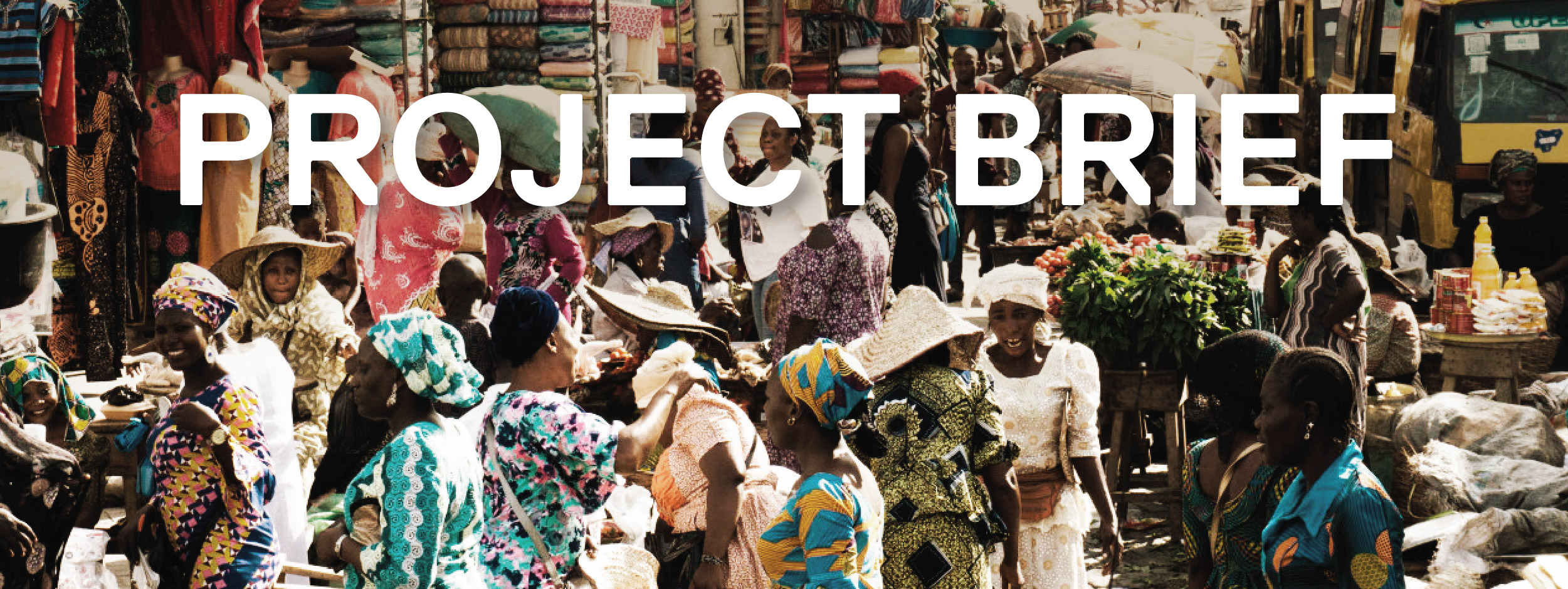MIGRATION MILESTONES: Documenting West African migrants' perspectives in the city of Lagos


Click the button to explore journeys of five migrants as they travel across borders, space and time in search of new opportunities.

1) To investigate individual experiences of other West Africans in the city of Lagos under the lenses of four milestones (motivation, arrival, settling and integration) as a means of understanding models of integration of migrants and freedom of movement in a transnational African city.
2) To connect the data to the larger discussions of global migration governance and experiences from below, alternative approaches to migration and integration, and the role of regional laws and policies in shaping how people experience migration.

- How do people experience freedom of movement and integration in a transnational African city?
- How well do people know their rights as citizens in the Economic Community of West African States (ECOWAS) region and how does this shape their migratory experiences?
- What do individual experiences tell us about the impact of the ECOWAS 1979 Freedom of Movement Protocol?

Intraregional mobility was a pre-colonial characteristic of West Africa. However, artificial borders birthed by colonialism created barriers to free movement and heightened the difficulties of settling and integration in the region. The establishment of ECOWAS in 1975, and the Protocol on Free Movement in 1979 created a framework to anchor regional integration through trans-border mobility.
A common passport and travel certificates are some of the initiatives to make West Africa borderless. The Protocol gives West Africans the right of entry, residence and the right to seek employment. ECOWAS states are both sending and receiving countries of migrants within the region and mega cities like Lagos are migrant destinations. There has been a lot of research on the challenges of the application of the Protocol at the state level (e.g. Okunade and Ogunnubi (2018)). Nevertheless, there is growing research focusing on individual experiences of free movement as a test of the Protocol.
This study is interested in how freedom of movement is experienced at a micro level, using a mega city (Lagos) as the space of interrogation. The study focuses on the motivations, arrival experience, and the process of settling and integration, to draw out the impact on freedom of movement in the everyday lives of West Africans.

1) Informal interviews, interactions and observations.
2) Recording audio, visual and text to create an narrative and interactive map, and a storytelling dashboard which shows the stories of migrants as they achieve the four milestones on their path to integration.

Empirical research has been completed. An interactive visualization (external link) was also completed in 2023 to help show how freedom of movement in West Africa is experienced by individuals on the ground. A research paper will be available in Summer 2024 on the counternarratives of migrants in the region and the implications for regional and global migration governance.

Summer 2024

Heinrich Boll Nigeria

CERC Migration

freedom of movement, West Africa, integration, Nigeria, ECOWAS, migration and the city, regional mobility, alternative approaches, integration
